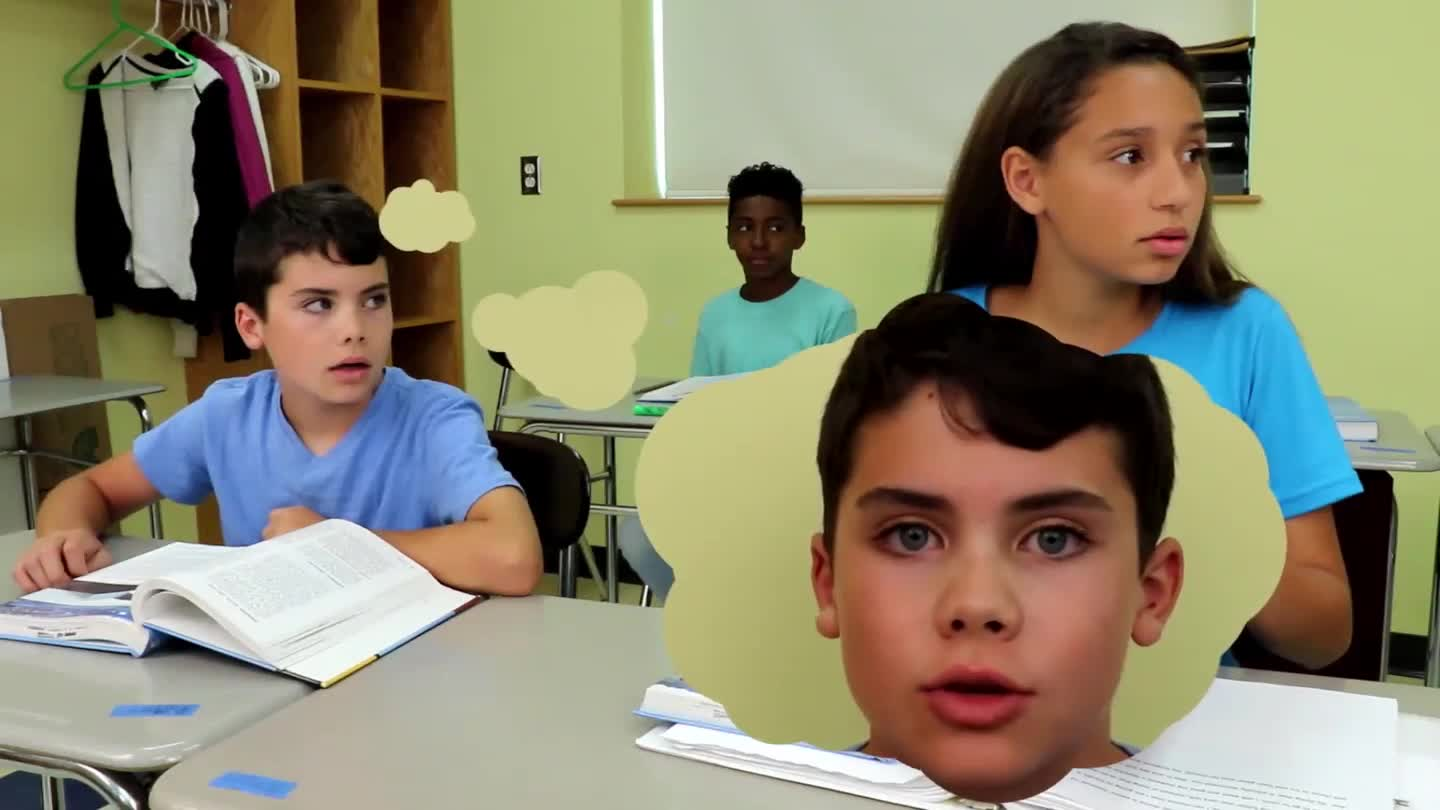
Introduction
Paying attention is a crucial skill for kindergarten students to develop. When we pay attention, we focus our mind and body on the task at hand, which allows us to learn effectively and avoid distracting others. In this blog post, we will discuss the importance of paying attention in class and provide a no-prep activity for educators to use with their students. We will also include discussion questions and mention related skills for further development.
No-Prep Activity: The Listening Game
This activity requires no preparation or materials and helps kindergarten students practice paying attention and active listening. Here’s how it works:
- Have the students sit in a circle.
- Explain that you will be whispering a short message or phrase to the first student, who will then whisper it to the next student, and so on around the circle.
- Whisper the message to the first student, making sure the others cannot hear.
- Once the message has traveled around the circle, have the last student say it out loud.
- Compare the original message with the final message and discuss how well the students paid attention and listened to each other.
This activity promotes active listening and helps students understand the importance of paying attention to both verbal and non-verbal cues from their peers and teachers.
Discussion Questions
Use these questions to stimulate further discussions about paying attention in class:
- Why is it important to pay attention in class?
- What are some strategies we can use to help us focus and pay attention?
- How does it feel when someone around you is not paying attention? How can this affect your own ability to focus?
- What can you do if you notice that you are having trouble paying attention?
- How can we support our classmates in staying focused and paying attention?
Related Skills
Beyond paying attention, there are other relevant skills that can help kindergarten students succeed in the classroom. Some of these skills include:
- Active listening: This involves not only hearing the words being spoken but also understanding and interpreting the message behind them.
- Self-regulation: Learning to manage emotions, thoughts, and behaviors in different situations can help students stay focused and engaged in class.
- Empathy: Understanding and sharing the feelings of others can help students be more aware of how their actions affect those around them.
Next Steps
Now that you have some ideas on how to teach kindergarten students about the importance of paying attention, it’s time to put these strategies into practice. To help you get started, we encourage you to sign up for free samples of our skill-building materials. These resources will provide you with additional tools and activities to support your students in developing essential social-emotional skills.

